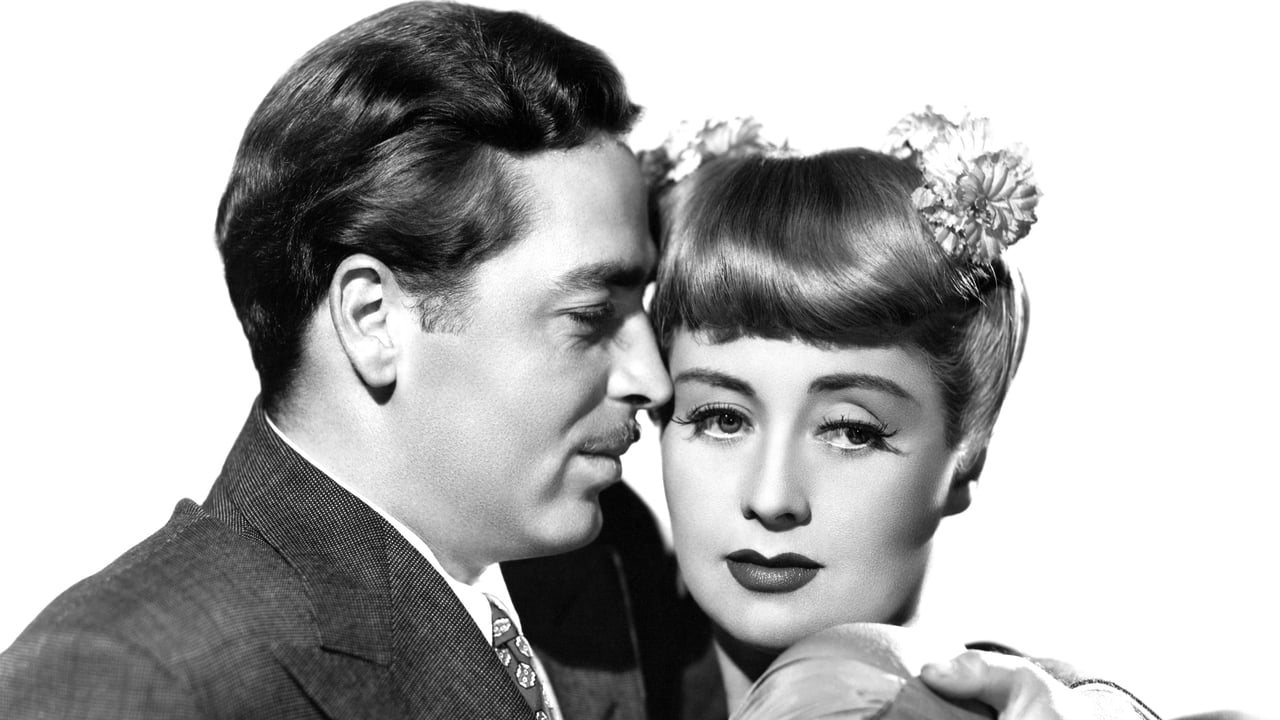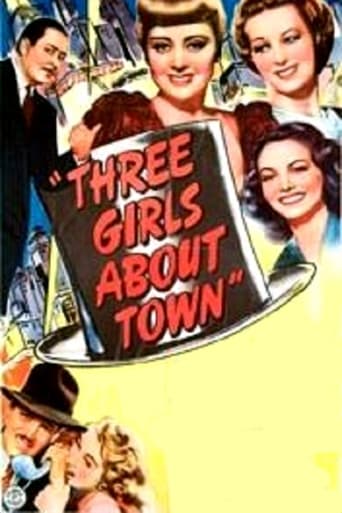

What a beautiful movie!
... View MoreExcellent, Without a doubt!!
... View MoreGood films always raise compelling questions, whether the format is fiction or documentary fact.
... View MoreEach character in this movie — down to the smallest one — is an individual rather than a type, prone to spontaneous changes of mood and sometimes amusing outbursts of pettiness or ill humor.
... View MoreThere's a lot going on at the Merchant's hotel. A magician's convention is just breaking up, while a mortician's convention is about to get started. In addition, a mediation between aircraft manufacturers and workers will soon take place. There is no obvious connection between these 3 groups in the beginning, but each will have some relevance to the central plot of a body being discovered in one of the guest rooms, and the hotel personnel trying to hush up the incident, fearing it will harm the hotel's reputation. To accomplish this, the body is moved around from place to place, trying to keep the police from finding it. This is sometimes accomplished by 2 hostess sisters(Hope and Faith Banner, played by Joan Blondell and Binnie Barnes)or by the hotel manager Puddle(Robert Benchley) or by Tommy (John Howard): the hotel's press agent. In addition, there is a bonkers magician(Eric Blore) who hasn't left because he's looking for "Charlie".Frank McGlynn plays the chairman of the morticians convention.. looking appropriately creepy, fitting the Hollywood stereotype of what undertakers should look like.Janet Blair(as Charity) plays the much younger sister of Hope and Faith. She's been going to an all girls private school, financed by Hope. Evidently, she's been man-starved, as she throws herself at most any man, giving Tommy a passionate kiss or two. Hope and Tommy have occasionally talked about marriage, but when Hope catches Charity and Tommy kissing, she assumes Charity has taken her place. Charity says she doesn't want to go back to school; she wants to be a hostess, like Hope and Faith.Robert Benchley plays his usual role as hotel or apartment manager, or a similar type of profession. Unfortunately, he's not as funny as in some films I've seen....I was impressed with John Howard as Tommy.In the incident where the body, abetted by Tommy, is playing poker with several men, the body keeps winning: "He's a lucky stiff" one remarks. But Tommy wants to lose so he has an excuse to leave with the body.I won't tell you how the magician, the morticians and the labor mediation conference further fit into the story. See the film on YouTube to find out how things work out. I rate this film as a lesser screwball comedy, which may be worthwhile for you to check out. The title is misleading, as the action all takes place within or just outside of a hotel.
... View MoreIt's "Convention City" time for Joan Blondell again, and this time, her movie has managed to survive the ravages of time, "Convention City" apparently having offended so many people back in 1936 that Warner Brothers allegedly destroyed every print. Along with Blondell are Janet Blair and Binnie Barnes as the three tough-talking "Convention Girls" who discover a dead body in one of the rooms. He was ironically there for an undertaker convention, and the girls disguise themselves as charwomen in order to get rid of the corpse. "Just dump him any place. We know you've got good taste", Barnes tells Blondell's boyfriend John Howard. With all this going on, the farce just gets even zanier, leading the girls into a situation that they fear they might not be able to drag themselves out of.In a case of art imitating life, Blondell mentions singer Dick Powell being in the hotel, this ironically coming during the last years of their marriage. The film is loaded with famous character actors: Charles Lane and Bess Flowers as a mortician and his wife who discover the dead body in their hotel suite; Almira Sessions and Una O'Connor as the spirited charwomen who keep finding the corpse; Larry Parks, Bruce Bennett and Lloyd Bridges as reporters; Vera Lewis and Sarah Edwards as busybody members of a moral society, and Eric Blore as a drunken convention member who has an amusing encounter with Howard that brings on a rather "gay" reference."Will all those planes and bombs dropping, a dead body ain't safe anymore", one potential coffin customer tells Lane while shopping, giving a timely war feel to the film. Another highlight is a card game with the corpse as one of the players where the others don't even know the man is dead! The film just proceeds to get sillier and sillier as it goes along, and when the dead card player is complemented as being "a lucky stiff", it reaches the nadir of good natured bad humor. At a very short running time, this doesn't outstay its welcome, and even if similar plots were done in two reel shorts, the "A" list cast makes this worth being a feature.
... View MoreThis film should have succeeded. The cast is exceptional, and Columbia Pictures had been on a winning streak at the time. But the script is dreadful and illustrates the truth that good screwball comedy is rare and requires more than good actors. In this movie, people are running around frantically (poor Eric Blore), screaming lines (poor Joan Blondell and Binny Barnes), and trying on-so-hard to be wild and wacky. And it doesn't come off. The plot is tedious and unconvincing. And if you can find more than three laughs in the film, you deserve an award for credulity or inattention. In short, this is a dud. And the era of screwball comedy was just about over. Three Girls About Town is unavailable on DVD or VHS. (I bought a bad copy on e-Bay, probably taken off of television.) Few film buffs or comedy fans should cry for its reappearance.
... View MoreThis film is an undiscovered classic comedy. Robert Benchly is the desk clerk of a hotel where a wild magician's convention is breaking up at the same time a somber mortician's convention is starting. Joan Blondell and Binnie Barnes play two hostesses at the hotel who are in hot water with the local moral guardians. To complicate matters even more, their little sister arrives after escaping from a "proper" private school. All she does is wear lingerie and make passes at older men.Joan's boyfriend John Howard is at the hotel covering the negotiations for a labor strike. When the mediator turns up dead, the girls try to spirit the body out of the hotel to avoid bad publicity. This breathless comedy is just fantastic, as the body is continually being moved, either intentionally or unintentionally. The ending of this film is definitely a surprise, but it fits the film perfectly.In one of the best scenes, Howard and his dead "buddy" duck into a poker game just to avoid the police. He wins a hand while the police go by, but the other players won't let him out of the game. Howard does everything he can to lose, but still wins all the hands anyway!
... View More